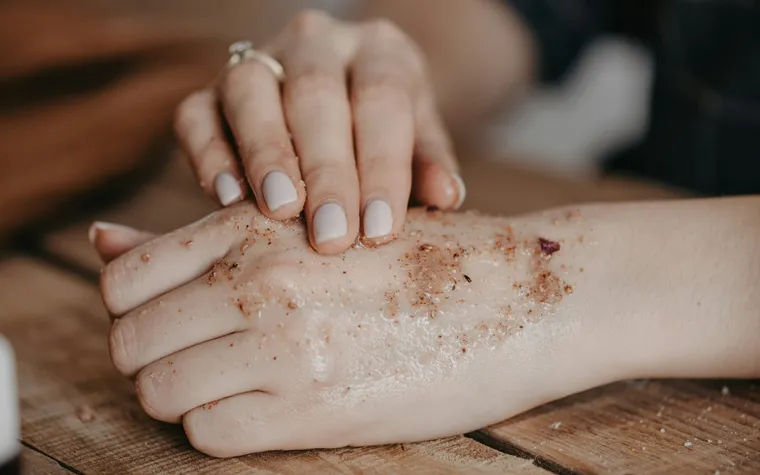Eczema, or atopic dermatitis, is a chronic skin condition that causes itching, redness, and inflammation. It affects millions worldwide, disrupting daily life with discomfort and irritation. Though there’s no permanent cure, various treatments and lifestyle changes can help manage symptoms, providing much-needed relief. Understanding triggers, hydration, and proper skincare routines are key to reducing flare-ups. Many individuals turn to natural remedies, medical treatments, and dietary adjustments to soothe inflamed skin. By adopting a comprehensive approach, those with eczema can improve their skin health and overall well-being.
Finding the right eczema relief strategy depends on the severity of symptoms and individual triggers. Common culprits include allergens, harsh soaps, stress, and even weather changes. Managing eczema requires a combination of prevention and treatment, from gentle skincare routines to prescription medications. Moisturizers, topical steroids, and antihistamines help control itching, while home remedies like oatmeal baths and coconut oil offer natural relief. Dietary changes, such as reducing dairy or processed foods, may also alleviate symptoms. Learning to identify and avoid personal triggers is essential for long-term relief and better skin health.
Understanding Eczema: Causes and Triggers
Eczema occurs when the skin's natural barrier weakens, allowing irritants and allergens to cause inflammation. Genetics, immune system dysfunction, and environmental factors all contribute to flare-ups. Common triggers include pollen, dust mites, pet dander, certain fabrics, and stress. Identifying these triggers can help in developing an effective eczema management plan.
Effective Skincare for Eczema Relief
Hydration is essential for eczema-prone skin. Using fragrance-free, hypoallergenic moisturizers daily helps lock in moisture and prevent dryness. Gentle cleansers without harsh chemicals reduce irritation. Warm, short showers are preferable to hot water, which can strip the skin’s protective barrier. Applying a thick moisturizer immediately after bathing enhances hydration.
Medical Treatments for Eczema
Doctors often recommend topical corticosteroids to reduce inflammation and itching. In more severe cases, immunosuppressants or biologic drugs may be prescribed. Antihistamines can help control itching, especially at night. Phototherapy, or light therapy, is another option for those with persistent eczema, reducing flare-ups by slowing immune system overactivity.
Natural Remedies for Eczema Relief
Many people find relief through natural remedies such as coconut oil, aloe vera, and oatmeal baths. Coconut oil has antimicrobial properties that protect against infection, while aloe vera soothes and hydrates irritated skin. Oatmeal baths help reduce itching and inflammation, providing gentle, natural relief for sensitive skin.
Dietary Adjustments to Reduce Flare-Ups
Certain foods can trigger or worsen eczema symptoms. Dairy, gluten, and processed foods are common culprits. An anti-inflammatory diet rich in omega-3 fatty acids, found in fish and flaxseeds, may help reduce symptoms. Drinking plenty of water and consuming probiotic-rich foods like yogurt can also support skin health.
Lifestyle Changes for Long-Term Relief
Managing stress through yoga, meditation, and exercise can significantly reduce eczema flare-ups. Wearing soft, breathable fabrics like cotton instead of wool or synthetic materials helps prevent irritation. Keeping a humidifier at home adds moisture to the air, preventing skin dryness, especially during colder months.
Conclusion
Eczema relief requires a holistic approach that includes skincare, medical treatments, and lifestyle adjustments. By identifying triggers, maintaining proper hydration, and using gentle skincare products, individuals can minimize flare-ups. Whether through prescription medications, natural remedies, or dietary changes, finding the right combination of treatments can lead to healthier, more comfortable skin.

